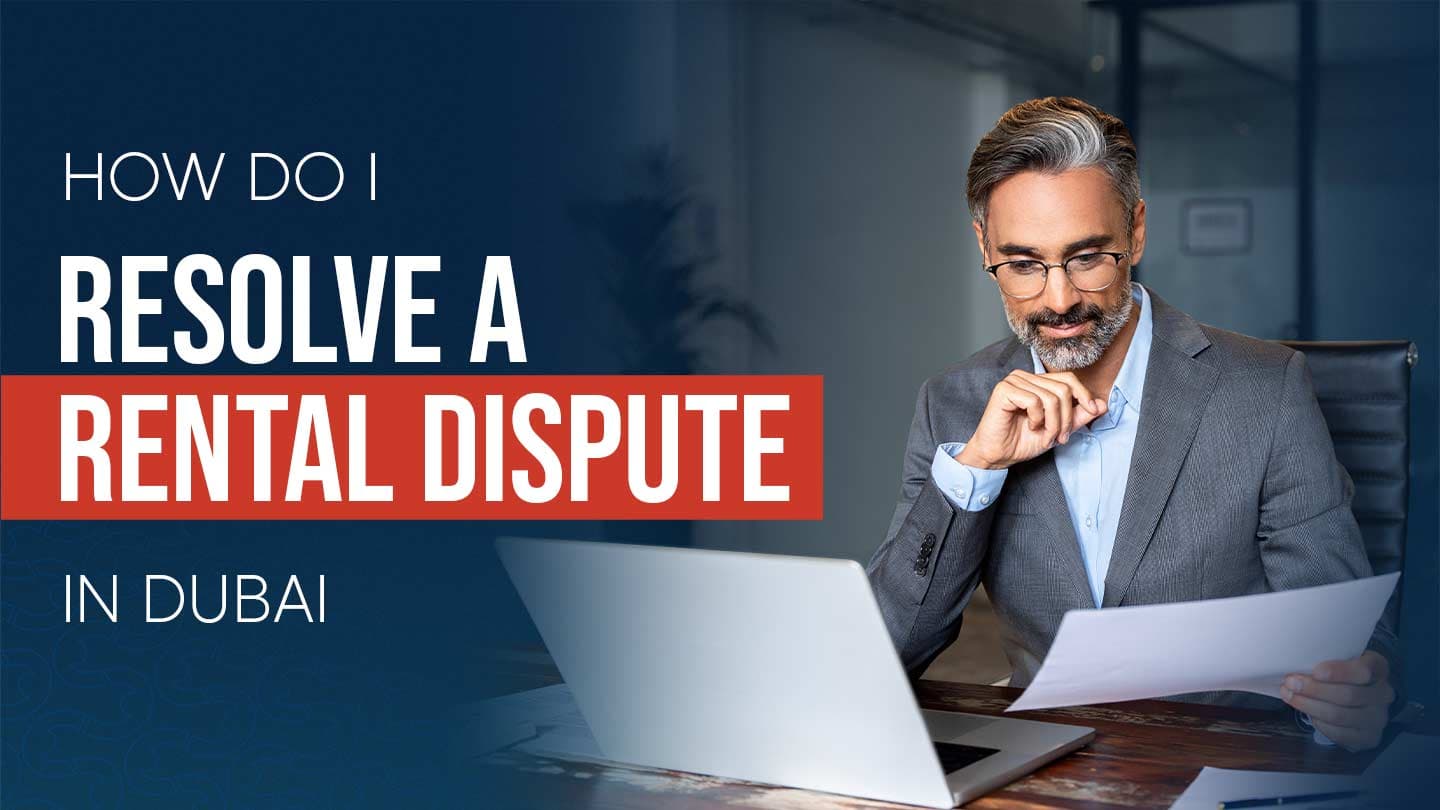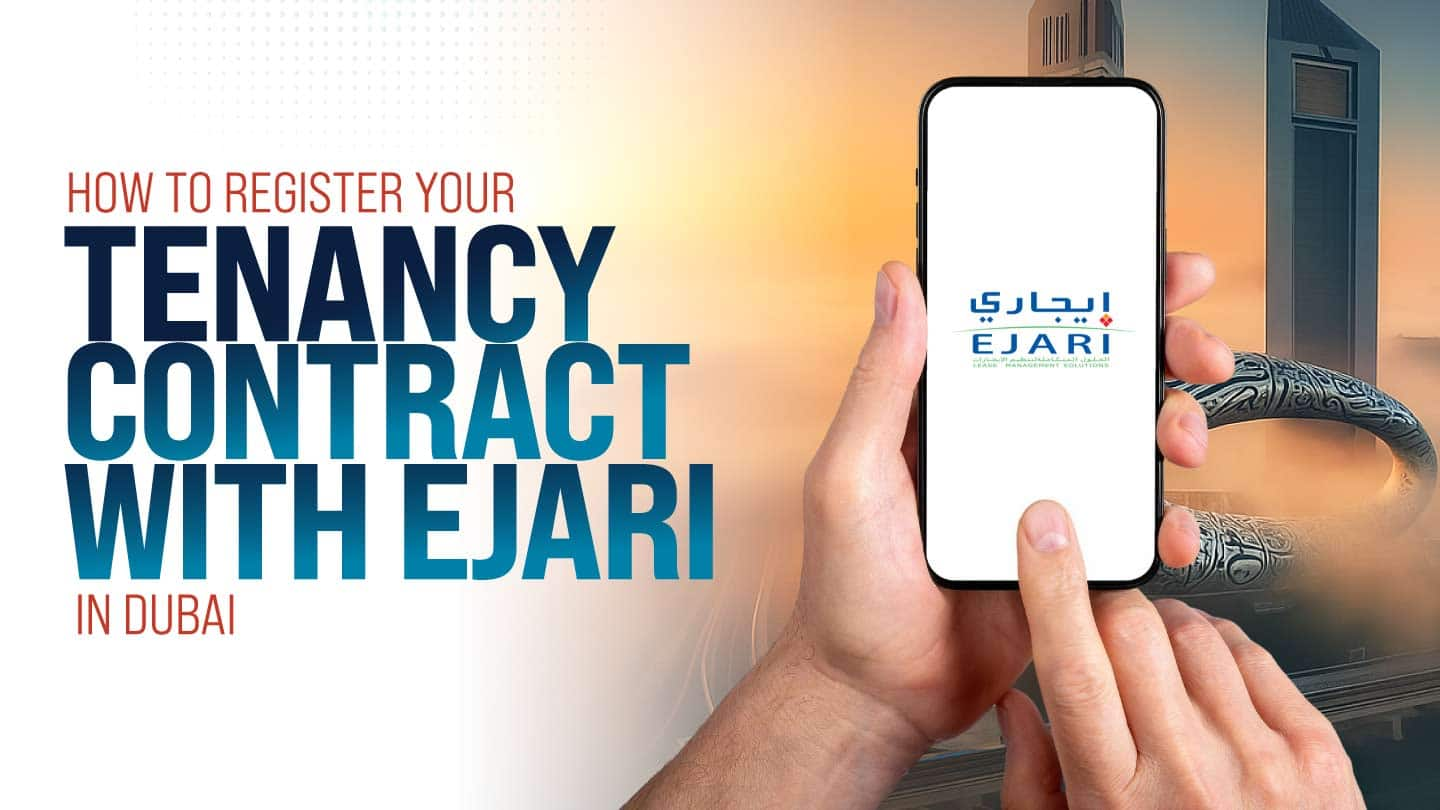Dubai’s real estate scene is booming, and with so many people renting homes and offices, it’s no surprise that rental disputes happen quite often. From disagreements over rent hikes to issues with maintenance or security deposits, these situations can quickly become stressful for both tenants and landlords.
The key is to resolve disputes as quickly as possible. Dragging things out can lead to unnecessary costs, legal headaches, and a lot of stress. Knowing the right steps to take, the rules in place, and the resources available can make the whole process much smoother and help everyone get back to normal faster.
What are the Most Common Rental Disputes in Dubai?
Rental disputes in Dubai can take many forms, often arising from misunderstandings or disagreements between tenants and landlords. Here are some of the most frequent issues:
1. Rent Increases
Imagine receiving a renewal contract with a sudden 20% rent hike—is this even legal? This is one of the most common issues tenants face. Conflicts usually arise when landlords raise rent unexpectedly or beyond the legally allowed limits. Tenants may feel the hike is unfair, especially if the property hasn’t undergone upgrades. On the other hand, landlords may justify increases based on market trends. Knowing the Dubai Rent Law is the first step to challenging an unfair increase.
2. Security Deposit Deductions
That large security deposit you paid can become a major point of contention at the end of your lease. Tenants often worry about unfair deductions for damages they didn’t cause, while landlords need to cover the cost of legitimate repairs or unpaid bills. The root of the problem is often a lack of a proper move-in/move-out inspection report. Keeping records, photos, and receipts is your best defense.
3. Maintenance and Repairs
A leaking AC or a broken appliance can quickly lead to frustration. While landlords are responsible for major repairs like plumbing, electrical, or structural issues, tenants are typically expected to handle minor fixes such as replacing light bulbs or minor leak patching. Confusion over who is responsible for what can lead to delays and arguments, so clear communication in the lease agreement is essential.
4. Unclear Lease Agreement Terms
Did you skim through your contract before signing? You’re not alone. Lease contracts can sometimes contain clauses that are unclear or open to interpretation. Conflicts may arise regarding renewal terms, subleasing permissions, pet policies, or hidden fees. Both tenants and landlords should carefully read and clarify every term before signing to avoid future disputes.
5. Eviction Notices
Few things are more stressful than an unexpected eviction notice. Landlords may issue notices for unpaid rent or contract violations, while tenants may feel the eviction is unfair or illegal. Understanding the legal notice period and the valid grounds for eviction under Dubai law is critical for both parties to manage the situation correctly.
What are the Rental Laws & Rights in Dubai?
Understanding these common issues is the first step but resolving them effectively requires a solid grasp of your legal rights. The Dubai Tenancy Law (Law No. 26 of 2007) governs the relationship between landlords and tenants in the emirate, providing clear rules on rent increases, eviction procedures, maintenance obligations, and other tenancy-related matters. This law ensures that both parties are protected and sets the framework for resolving conflicts fairly.
1. Dubai Tenancy Law & Ejari
Dubai has a structured legal framework to regulate tenancy relationships. The Dubai Tenancy Law governs all rental agreements. Crucially, all tenancy contracts must be registered with Ejari, the official system that ensures contracts are legally recognized. An unregistered lease has limited legal enforceability, making it your first and most important step.
2. Rent Increase Regulations
Landlords can increase rent only once every 12 months upon renewal, and the hike must comply with the RERA Rental Index set by the government. This index caps increases based on how much your current rent deviates from the average market rent. Increases beyond the allowed limits are unlawful.
3. Security Deposits Rules
Security deposits are typically equivalent to one month’s rent for residential properties. At the end of the lease, landlords must return the deposit in full after deducting only legitimate charges for damages beyond normal wear and tear or unpaid utility bills. Proper documentation is key to a fair return.
4. Tenant Rights and Responsibilities
Tenants have the right to a safe and habitable property, timely major maintenance, and protection from unlawful eviction. They are also obligated to pay rent on time, take care of the property, and follow the terms outlined in the tenancy contract.
5. Landlord Rights and Responsibilities
Landlords have the right to receive rent as agreed, inspect their property with proper notice (usually 24 hours), and expect the tenant to comply with the contract. They are legally responsible for ensuring the property meets health and safety standards and for carrying out necessary structural and major repairs.
6. Eviction and Termination Rules
Evictions must follow strict legal procedures, including proper notice periods (usually 12 months via notarized notice for certain reasons) and valid grounds, such as non-payment of rent or the landlord wishing to sell or occupy the property. Tenants have the right to dispute unfair evictions through the official channels.
For expert guidance in Dubai’s property rentals and real estate market, connect with Shuraa Realty.
How to Resolve a Rental Dispute in Dubai? Step-by-Step Process
Now that you know your rights, let’s walk through the exact steps you need to take if a dispute arises. Resolving a rental dispute in Dubai may seem daunting, but following this clear guide can make the process much smoother.
1. Attempt an Amicable Resolution
The first and best step is always to try resolving the issue directly with the other party. Open, respectful communication can prevent disputes from escalating. Discuss the problem clearly, share your concerns, and try to reach a mutual agreement. Document all conversations, whether via email, chat, or written letters, as proof if the dispute escalates later.
2. Review the Tenancy Agreement
Carefully go through your Ejari-registered tenancy contract to understand your rights and obligations. Check clauses related to rent increases, maintenance responsibilities, eviction, and deposit returns. Knowing what’s legally agreed upon can help clarify misunderstandings and strengthen your position.
3. Seek Mediation through RERA
If direct communication doesn’t work, your first official step is to involve the Real Estate Regulatory Agency (RERA). RERA offers official mediation services to help landlords and tenants reach a fair resolution without going to court. You will need to submit forms and provide supporting documents for their review.
4. File a Case with the Rental Dispute Settlement Centre (RDSC)
When mediation fails, you can escalate the issue by filing a formal case with the Rental Dispute Settlement Centre (RDSC) under the Dubai Land Department. This is the specialized court for rental issues. You must submit all required documents, including your tenancy contract, payment receipts, and any written communications.
5. Attend RDSC Mediation Sessions
Once your case is filed, the RDSC will typically schedule a mediation session. Both parties present their sides, and an expert mediator helps reach a fair solution. This stage is often quicker, less stressful, and less expensive than a full court proceeding.
6. Legal Proceedings (if Necessary)
If mediation at the RDSC fails, the case will proceed to a formal hearing before a judge. Both parties present their evidence and arguments, and the judge delivers a legally binding verdict. Appeals are possible within a set timeframe if either party disagrees with the decision.
7. Follow Up on the Resolution
After a decision is reached, whether through mediation or a court judgment, ensure the agreed actions are implemented. This may include returning security deposits, paying rent adjustments, or addressing maintenance issues. Keep a copy of the settlement agreement or court order to avoid future issues.
What Documents Are Needed for Rental Dispute Resolution?
Having the right documents ready is crucial. They are your evidence. Here’s a checklist:
- Tenancy Contract: The signed lease agreement outlining the terms of the tenancy.
- Ejari Registration Certificate: Proof that the tenancy is officially registered with the Dubai Land Department.
- Proof of Payments: Rent receipts, security deposit records, and any other payments related to the property.
- Written Communications: Emails, messages, or letters exchanged with the landlord or tenant regarding the dispute.
- Maintenance of Records or Evidence: Photographs, invoices, or reports related to repairs, damages, or property conditions.
- Notice Letters: Any formal notices issued for rent increases, eviction, or lease termination.
How Can You Avoid Future Rental Disputes?
Preventing rental disputes is always better than resolving them. Here are some practical tips:
- Always Register with Ejari: It provides legal proof of the agreement and protects both parties under Dubai law.
- Keep Impeccable Records: Maintain receipts for all payments and document all communication.
- Clarify Maintenance Responsibilities in the Contract: Avoid vague language. Define who handles what.
- Get Everything in Writing: Any agreement, especially on rent changes, must be documented.
- Conduct Joint Inspections: Document the property’s condition with photos/videos at move-in and move-out. Both parties should sign the report.
- Maintain Open Communication: Address small issues before they become big problems.
Need help with property leasing or management in UAE? Shuraa Realty has you covered.
Frequently Asked Questions (FAQs)
1. What is the maximum rent increase allowed in Dubai?
Landlords in Dubai can only increase rent in line with the RERA Rental Index. The percentage depends on how much your current rent compares to the average market rent for similar properties. Increases are only permitted once every 12 months upon renewal. Any increase beyond the cap set by the Index is considered unlawful.
2. How long does it take to resolve a rental dispute at the RDSC?
The timeline can vary, but the RDSC is designed for efficiency. If resolved in the initial mediation stage, it can take a few weeks. If the case proceeds to a court hearing, it may take several months. Having all your documents prepared can significantly speed up the process.
3. Can my landlord evict me without a valid reason?
No. Under Dubai Law, a landlord can only evict a tenant for specific reasons, such as non-payment of rent, a serious violation of the tenancy contract, or if the landlord wishes to sell the property or move in themselves (or for a first-degree relative). In most cases for personal use, a 12-month notice period via notarized legal notice is required.
4. What can I do if my landlord refuses to return my security deposit?
First, communicate in writing, reminding them of their obligation. If that fails, you can file a case with the Rental Dispute Settlement Centre (RDSC). To strengthen your case, provide evidence like the move-in/move-out inspection reports, photos of the property’s condition, and receipts proving you’ve paid all utility bills.
5. Is the Ejari registration mandatory for resolving a dispute?
Yes. An Ejari-registered tenancy contract is the primary document for any legal proceeding related to a rental dispute in Dubai. An unregistered contract has limited legal standing and can make it very difficult to file a case with RERA or the RDSC.
6. What are the valid reasons for a landlord to deduct from my security deposit?
A landlord can legally deduct amounts for:
- Unpaid rent or utility bills.
- Repairing damage beyond normal “wear and tear.”
- Costs for a deep cleaning if the property was returned in an excessively dirty condition.
They must provide invoices or proof for these deductions.
What You Should Remember About Rental Disputes
Most rental disputes in Dubai can be resolved amicably if handled correctly through the proper channels. Understanding the rights and responsibilities of both tenants and landlords is essential to avoid conflicts and ensure fair outcomes.
While many disputes can be settled through communication or RERA mediation, seeking professional or legal guidance can be valuable in more complex cases. Staying organised, documenting everything, and following the correct procedures can save you time, money, and stress.
For anyone living or doing business in Dubai, having the right support and guidance is always helpful. Shuraa provides expert advisory services for business setup, documentation, and legal compliance in the UAE, ensuring that your ventures run smoothly from start to finish.
Disclaimer: The information in this post is for general guidance only and may change due to updates in government policies or regulations.










